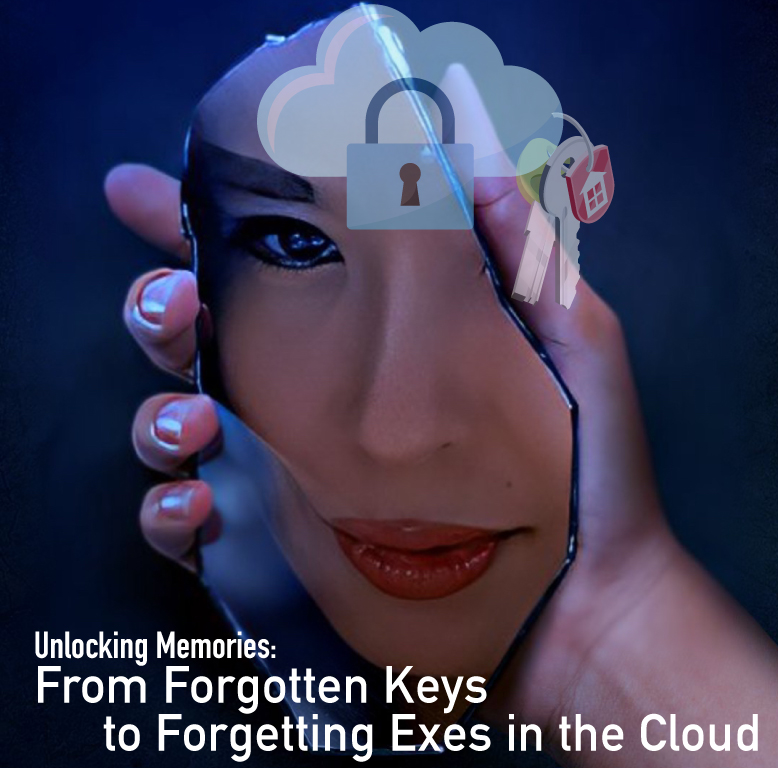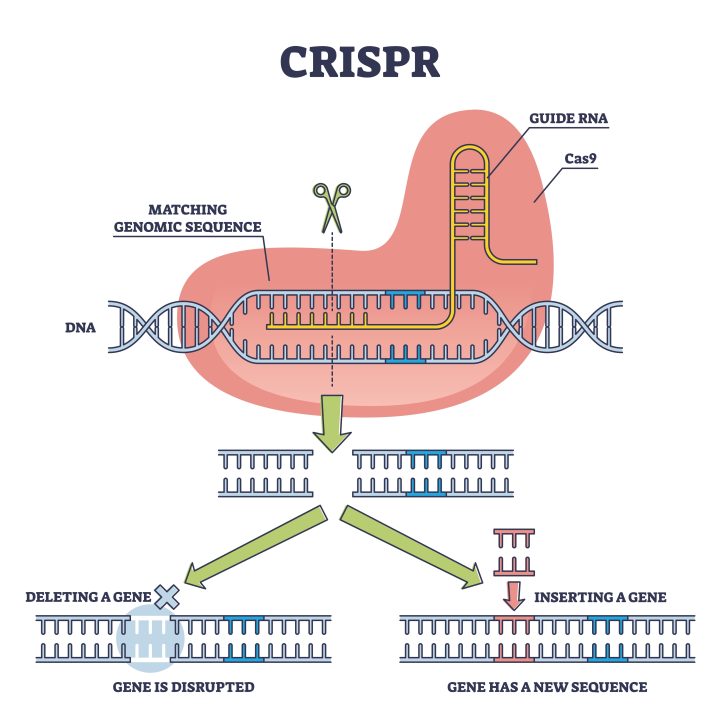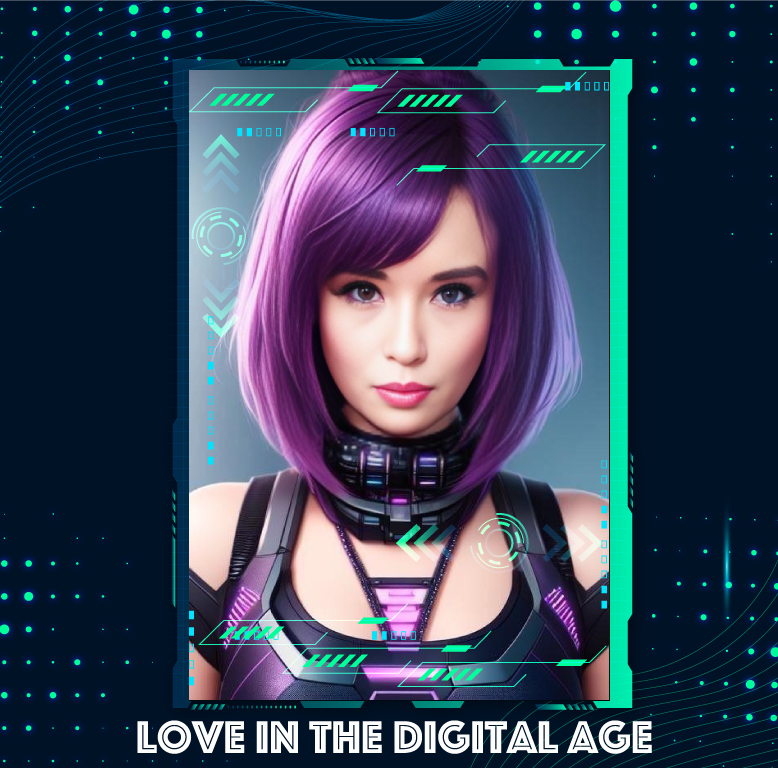
Hey memory trailblazers!
Picture this: my colleague’s epic locker key hunt today. She’s deep into her jacket and bag, Sherlock-style, only to find the elusive key; chilling on her jacket.
Classic forgetfulness, right? But here’s the twist – what if we could store these moments in the cloud?
Imagine a world where you upload all your memories and pull them out whenever you need a mental boost. Forget where you parked? Hit “retrieve,” and bam, there’s the memory. We’re talking about an app that’s your personal nostalgia assistant, a time-traveling companion for your mind.
But here’s the juicy part – what if we could delete some memories too? Not just misplacing keys, but wiping out that cringe-worthy ex from your mental hard drive. Say goodbye to heartbreak-induced anxiety and depression – just a click away.

Sure, the idea is to extend our physical existence, but let’s not stop there. Let’s give our psychological well-being a boost too. Deleting the bad vibes, replaying the good times – it’s like a Marie Kondo session for your mind.
I get it. The tech sounds like sci-fi, but so did video calls once upon a time. We’re talking about merging the magic of memories with the wizardry of cloud storage. It’s like having a mental Google Drive – who wouldn’t sign up for that?
Now, let’s dig into the geeky stuff. Recent strides in neuroscience and brain-computer interfaces (BCIs) are paving the way for memory uploads. Scientists are decoding the brain’s dance of neurons, drafting blueprints for a brain-cloud connection. BCIs could be the cool gadgets that bridge our brains and the cloud – capturing the essence of those “Where did I put my keys?” moments.
And here’s the buzz – CRISPR technology, the gene-editing wizardry. Imagine tweaking memory genes, giving your brain an upgrade. Sounds sci-fi, right? But CRISPR is already shaking up genetic research, hinting at a future where we enhance our cognitive abilities.

But it’s not all rainbows. The ethical debate is sizzling. Privacy concerns, the risk of misuse, unintended consequences – it’s a wild frontier, and scientists are tip-toeing through the ethical maze.
Exciting, though, right? Having a mental USB stick for memories? The synergy of neuroscience and tech points to a future where the cloud isn’t just for photos; it’s safeguarding the fabric of our experiences.
We’re not quite at the “Press the button – retrieve memories” stage, but the groundwork’s underway. Are we ready for this brave new world of memory tech? Buckle up, because the journey from forgotten keys to storing memories in the cloud is already in motion.
When one hears the word transhumanism, what is it that comes to mind? Transcending what are thought to be our biological limitations is something that has been both a topic of interest and debate for decades. With the rapid acceleration of artificial intelligence, we have feared that we may become obsolete in various ways.
However, the research in transhumanism has looked into such topics in addition to looking for ways for us to transcend our limitations were the shadow of artificial intelligence will no longer hover over us.
Peter Xing, Ted X speaker and advisory committee of singularity university in Australia has looked into such matters and shares his knowledge with us on transhumanistic development. Watch the full video here



